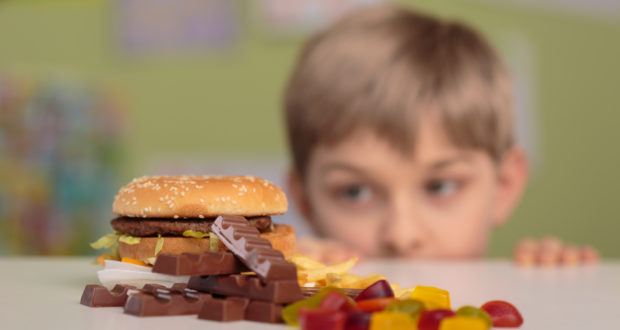Childhood obesity has increased dramatically over the last several decades – by latest count, over 17 percent percent of children aged six to eleven qualify as obese. This trend can largely be attributed to poor eating habits among young Americans. A recent report contends that portion sizes may be responsible for this overeating.
Big Portions, Big Problems
What do children do when presented with large portions of foods packed with calories? According to Penn State researchers, they overeat. For their report, the Penn State team presented 120 children with lunchtime meals once per week. The children, who were between the ages of three and five, were given meals for six consecutive weeks.
The meals served in the study varied not only by their portion size, by also by their amount of calories per bite, referred to by the team as “CD.” When given lunches with large portion sizes and CDs, the researchers noted that the children exhibited significantly larger appetites.
In light of their findings, the authors contend that modifying portion sizes and CDs could help prevent overeating among children. The funding for this research was provided by the US Department of Agriculture and the National Institutes of Health.
The Problem of Junk Food
Here’s another reason to keep tabs on what your kids are eating – a 2015 report found that children get a large portion of their caloric intake from
fast food. Authored by the Centers for Disease Control and Prevention (CDC), the study pegged this figure at 12 percent.
The CDC team cast a wide net for their work, reviewing data from approximately 3,100 children between the ages of 2 and 19. Upon separating the children down into different age brackets, the authors noted that fast food accounted for 9 percent of caloric intake for children aged 2
to 11. For those that fell into the age 12 to 19 bracket, fast food was responsible for 17 percent of all calories consumed.
So why do so many children seem to have an addiction to fast food? The answer may very well lie in slick, effective advertising campaigns. Sandra
Hassink, president of the American Academy of Pediatrics, stated that fast food is “very well- advertised, and the marketing is working.”
If there is a silver lining to the study, it is that the numbers unearthed by the CDC team are very similar to those recorded in the 1990s. For parents concerned about their children’s fast food consumption, a good piece of advice is to pack healthy snacks (such as apples, grapes and whole grain crackers) in advance to be eaten during car rides.
 Natural Knowledge 24/7 Educate yourself with nutrition, health and fitness knowledge.
Natural Knowledge 24/7 Educate yourself with nutrition, health and fitness knowledge.






